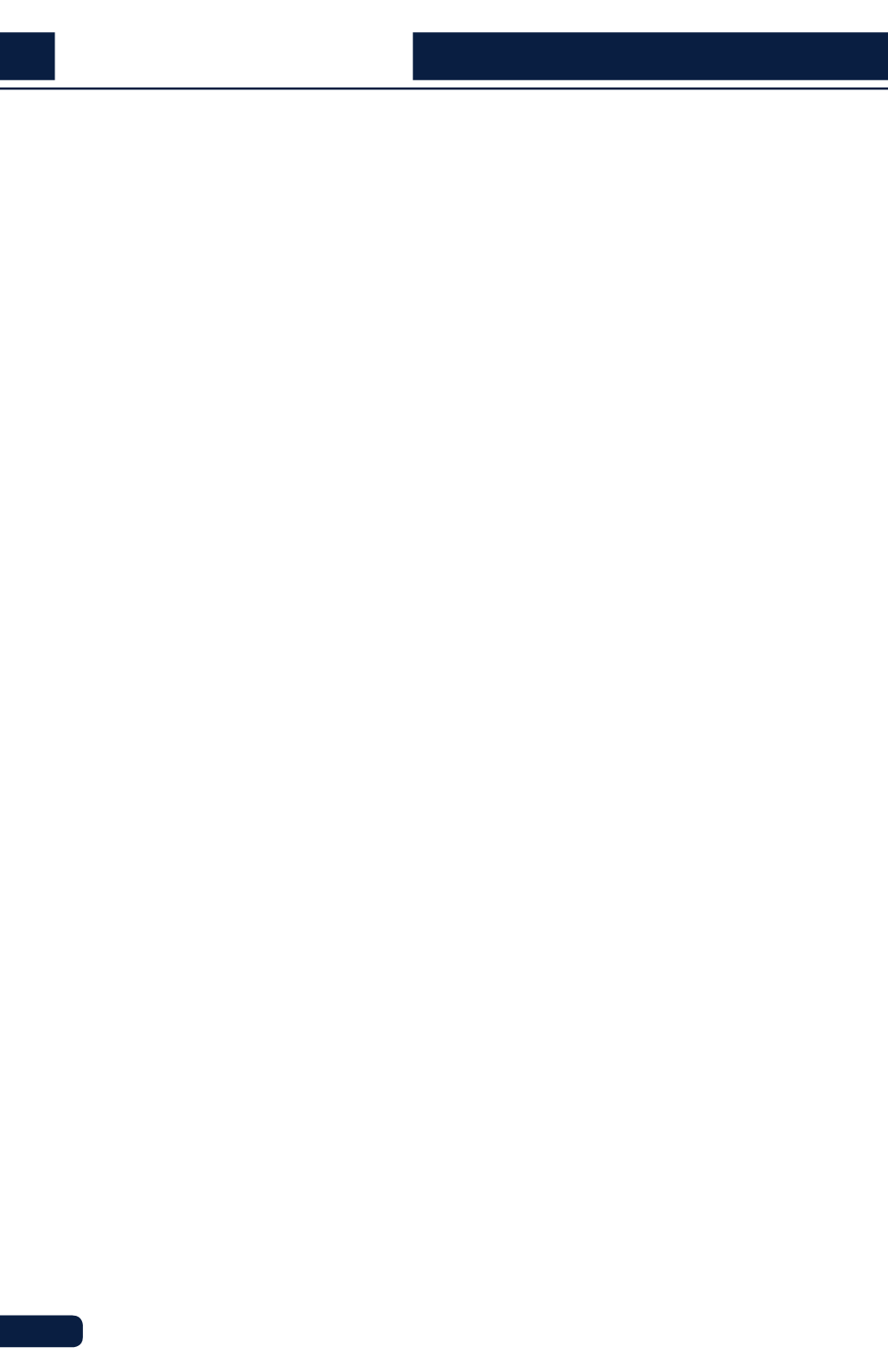
Policies & Regulations
orientation, gender identity or expression, national origin,
marital status, veteran status, and/or any other legally
protected status (collectively referred to as Protected
Status1). The University recognizes its obligation to work
towards a community in which diversity is valued and
opportunity is equalized.
The University recognizes that discrimination and/or
harassment based on a Protected Status undermines
the integrity of the academic and work environment.
All members of the University community should be
able to work and/or learn in an atmosphere free from
discrimination and/or harassment; and the University
is committed to addressing conduct that violates these
standards. The University encourages all community
members to take reasonable and prudent actions to
prevent or stop Prohibited Conduct. Taking action may
include direct intervention when safe to do so, enlisting
the assistance of friends, contacting law enforcement, or
seeking assistance from a person in authority. Community
members who chose to exercise this responsibility
will be supported by the University and protected from
Retaliation. It is the particular responsibility of those
members of the University community who hold positions
of authority over others to avoid actions that are, or
can be considered, a violation of this Regulation or as
unprofessional.
This Regulation prohibits all forms of Discrimination and
Harassment based on Protected Status. It expressly,
therefore, prohibits Sexual Violence and Sexual
Exploitation, which by definition involves conduct of a
sexual nature and is prohibited form of Sexual or Gender-
Based Harassment. This Regulation further prohibits
Dating Violence, Domestic Violence and/or Stalking, which
does not need to be based on an individual’s Protected
Status to be prohibited under this Regulation. Finally, this
Regulation prohibits Complicity for knowingly assisting
in an act that violates this Regulation and Retaliation
against an individual because of his or her good-faith
participation in the reporting, investigation, or adjudication
of violations of this Regulation. University students and
employees who violate this Regulation may face discipline
up to and including expulsion or termination.
To foster a climate that encourages prevention and
reporting of Discrimination, Harassment, and related
misconduct, the University will actively promote
prevention efforts, educate the community, respond to
all reports promptly, provide Interim Protective Measures
to address safety and emotional well-being, and act in
a manner that recognizes the inherent dignity of the
individuals involved.
The University is committed to the principles of free
inquiry and expression. Vigorous discussion and
debate are fundamental to this commitment, and this
Regulation is not intended to restrict teaching methods or
freedom of expression, nor will it be permitted to do so.
Offensiveness of conduct, standing alone, is not sufficient
for the conduct to constitute prohibited Harassment.
The conduct must be sufficiently severe to interfere with
an individual’s ability to participate in employment or
educational program and activities from both a subjective
and objective perspective. Prohibited Conduct under
this Regulation is not a proper exercise of academic
freedom and may not be legally protected expression.
On the contrary, Prohibited Conduct compromises the
University’s integrity as well as its tradition of intellectual
freedom.
II. SCOPE AND APPLICABILITY
This Regulation applies to the conduct of University
students and employees, including faculty and staff. The
non-discrimination provisions also apply to contractors
and other third parties under circumstances within
the University’s control. The Regulation provides for
the prompt and equitable resolution of reports of
Discrimination, Harassment, and related misconduct.
This Regulation applies to all Prohibited Conduct that
occurs on campus. It also applies to Prohibited Conduct
that occurs off campus, including online or electronic
conduct, if: the conduct occurred in the context of an
employment or education program or activity of the
University, had continuing adverse effects on campus,
or had continuing adverse effects in an off-campus
employment or education program or activity. Examples
of covered off-campus conduct include athletic
competitions, University-sponsored study abroad,
research, or internship programs. In determining whether
the University has jurisdiction over off campus conduct
that is not part of an educational program or activity
of the University, the Title IX Coordinator/Director of
the Equal Opportunity Programs/Diversity Office will
consider the seriousness of the alleged conduct, the risk
of harm involved, whether both parties are members of
the campus community, and/or whether the off campus
conduct is part of a series of actions that occurred both
on and off campus.
Regardless of where the conduct occurred and with
whom, the University will offer resources and assistance
to community members who are subject to Prohibited
Conduct. The University will also assist the Reporting
Party in identifying and contacting external law
enforcement agencies and community resources, as
desired.
III. DEFINITIONS
A.
Reporting Party
is defined as any individual who may
have been the subject of any Prohibited Conduct by an
individual or organization covered under the Regulation
136


